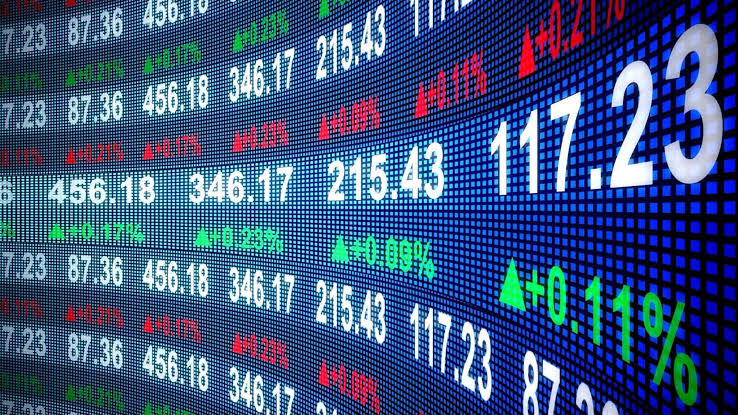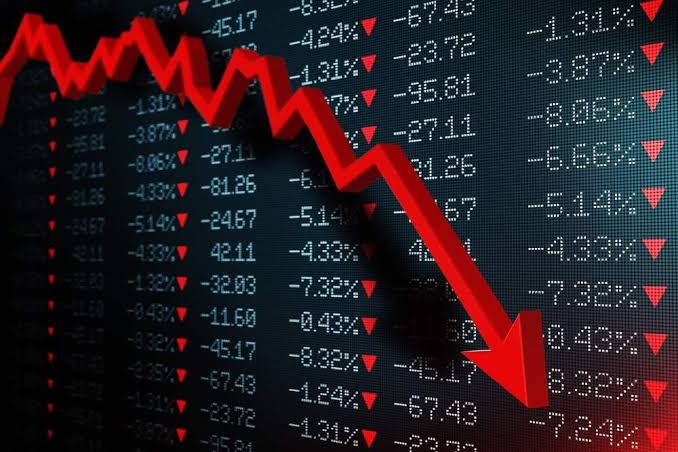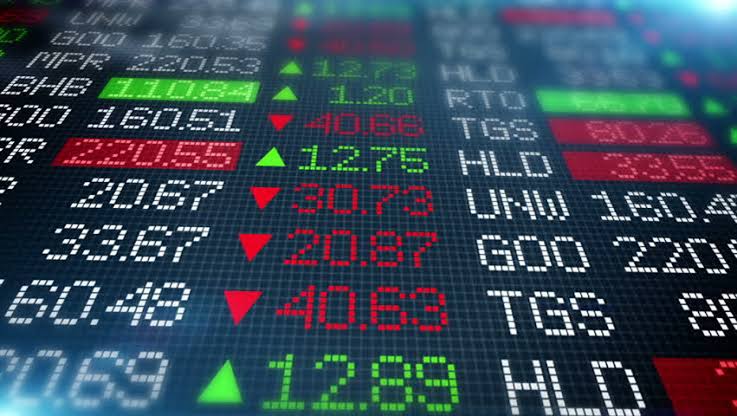Nigeria’s share index could reach 72,000 points

As we head into 2024, the outlook for financial markets in Nigeria has become increasingly robust.
This is thanks primarily to some astounding gains in the Nigerian Stock Exchange (NGX).
Recently, the All-Share Index –– an index with a value that reflects the performance of the NGX as a whole –– approached the 72,000-point mark.

Passing said mark would make for an unprecedented benchmark, with the All-Share Index already having surpassed its highest point since the highs of spring 2008.
And as of the time of this writing, it seems as if the index could well pass 72,000 on any given day.
There could not be many better indications of strong market performance than this. But in this post, we’ll look past the raw 72,000-point number to consider why this pending milestone is so remarkable, what it means for investors in Nigeria, and whether the rise is likely to continue.
Why is the All-Share Index’s rise remarkable?
As stated previously, the NGX’s All-Share Index has already eclipsed the highest mark it had ever reached before this season.
That in and of itself is a significant achievement for the market. What makes the rise toward the 72,000-point mark particularly remarkable, however, is the added context of Nigeria’s up-and-down economic outlook in 2023.

It was less than 10 months ago that, following Bola Tinubu’s ascension to the Nigerian presidency, the markets experienced a dramatic crash.
In the first few hours after Tinubu was declared president, Nigerians saw stocks losing value amounting to N162 billion.
By the 17th of April, the All-Share Index fell to a low of 51,127.38 points.
From that point, the current mark (71,541.74 at the time of writing) represents roughly 40% growth in just under eight months’ time.
Even among stock market surges, this is unusually steep growth and speaks to just how unusual the present circumstances are.
What does this mean for Nigerian investors?
This question represents perhaps the most significant and the most complicated aspect of the rise of the All-Share Index.
It is significant because the hope would be that private investors throughout Nigeria have been able to profit from an NGX on a dramatic upswing.

It is complicated, however, because we don’t know how many of these theoretical investors are actually taking advantage of market conditions.
Back in 2019, it was estimated that the number of Nigerians choosing to invest in stocks on the Nigerian Stock Exchange (then known as the NSE) was roughly 3 million.
That sounds like a lot, but in reality, it represented only about 3% of the country’s total adult population. It’s an underwhelming figure, though it has to be noted as well that since the figure was recorded, conditions have changed in ways that incentivise investment.
First, Nigeria has welcomed a growing number of digital platforms through which private citizens can quickly and easily trade stocks online.
These platforms take different specific forms, but broadly, they facilitate swift registration and access to a range of stock shares and indices.
They also provide perks such as quick trade execution and protective, automated features that can help new or first-time traders feel more comfortable starting up their portfolios.
In addition to the emergence of online stock-trading platforms, Nigeria has also seen some encouragement from government entities.
Indeed, when the aforementioned 3% figure was reported, an NSE official mentioned that the Exchange itself was beginning to promote “the introduction of globally competitive investment products with low entry thresholds” in an effort to improve investor participation.
It was also mentioned that the then-NSE would be establishing new measures to encourage retail investment.
At this point, it is difficult to determine with certainty how effective the emergence of new investing platforms and the encouragement of the stock exchange itself have been in driving new investors to the markets.
The hope is that there has been an uptick, however, and it is clear that those who have been trading on the NGX in 2023 will have had a high likelihood of seeing gains.
In particular, the following assets are among those that will have provided the most impressive returns so far this year, per previously mentioned reports on the approach of the 72,000-point threshold:
THOMASWY –– Thomas Wyatt Nigeria is a PLC that produces office supplies. It has seen gains of more than 200% since early August.
FBNH –– FBN Holdings is a financial services company that has seen its share price rise by 130% since the middle of April.
MULTIVERSE –– Known as a mining and exploration company, MULTIVERSE has risen by more than 306% since April (and has been on a particularly steep climb of late).
ETI –– Ecobank Transnational Inc. is a multinational bank operating throughout much of Africa. Its share price value has jumped up 98% since mid-April.
These are not the only examples of stocks that could have returned healthy profits in the NGX.
However, they are some of the ones that have performed well of late, and they illustrate the potential that currently exists in the Nigerian markets.
Will the rise of the All-Share Index continue?
An ongoing rise in stock or index prices can never be predicted with absolute certainty. To that point, any prospective investors in Nigeria who are considering opening portfolios to take advantage of the rising All-Share Index would do well to remember that a careful approach is required.
No investment should be made without proper, up-to-date research on market conditions.

With that said, it is also important to recognise that the gains in the NGX reflected in the All-Share Index did not come about randomly.
The shift in the markets has been widely attributed to the new Nigerian president’s decision to implement economic reforms –– chiefly, the removal of the fuel subsidy throughout the country and the liberalisation of the forex markets.
The full impact of these reforms makes for another discussion altogether. Part of said impact, however, has been to boost economic activity and, in turn, the markets.
Whether the All-Share Index can continue to rise at its current pace as a result of these reforms and their broader impact, only time can tell.





